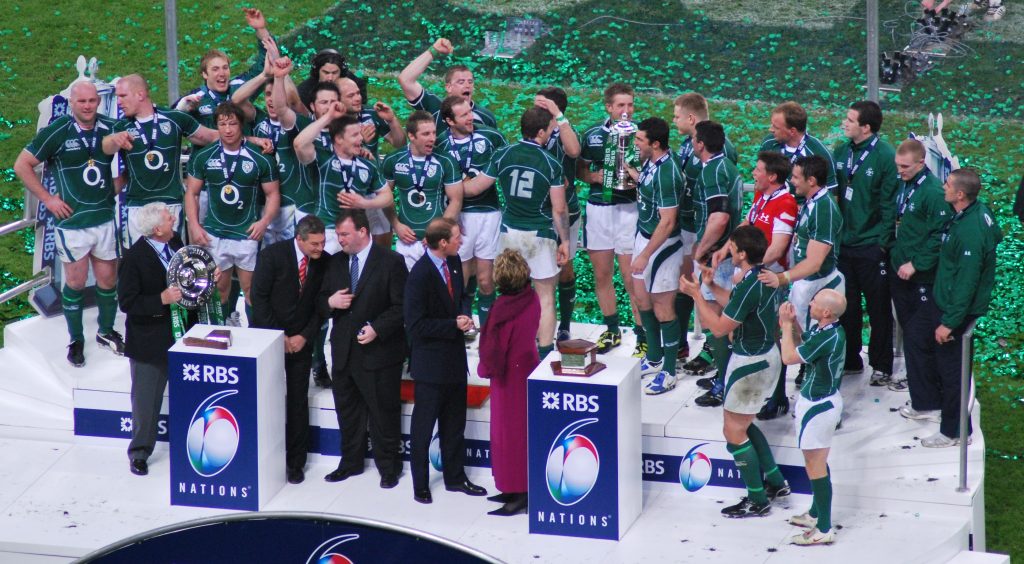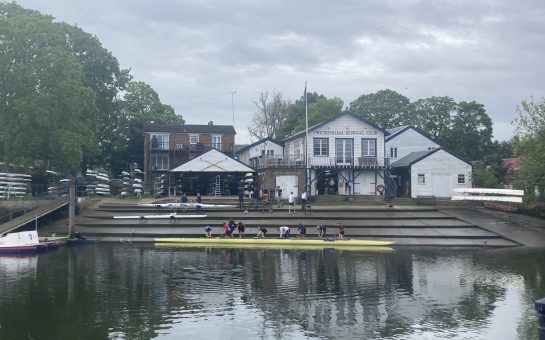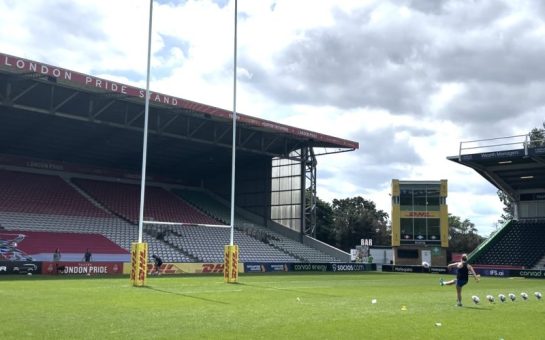The Six Nations kicks off tomorrow with three typically intriguing clashes, so ahead of another classic campaign, we took a look back at six of the most memorable matches from this weekend’s fixtures on the Six Nations Rewind podcast.
To get you up to speed, here is an introduction to each match.
Italy 22 – 21 France (2011)
One of Italy’s greatest results, the round four match was the last international at a packed Stadio Flaminio in Rome.
Italy had never beaten France in the Six Nations and while the comeback win did not prevent a fourth consecutive wooden spoon for the Azzurri, it did effectively end France’s title hopes.
Trailing for most of the match, Italy’s deficit stood at 12 points with 30 minutes left.
An Andrea Masi try put Italy within striking distance before winger Marco Bergamasco nailed a touchline penalty – his fifth of the match – in the 76th minute to snatch a historic victory for Nick Mallett’s side.
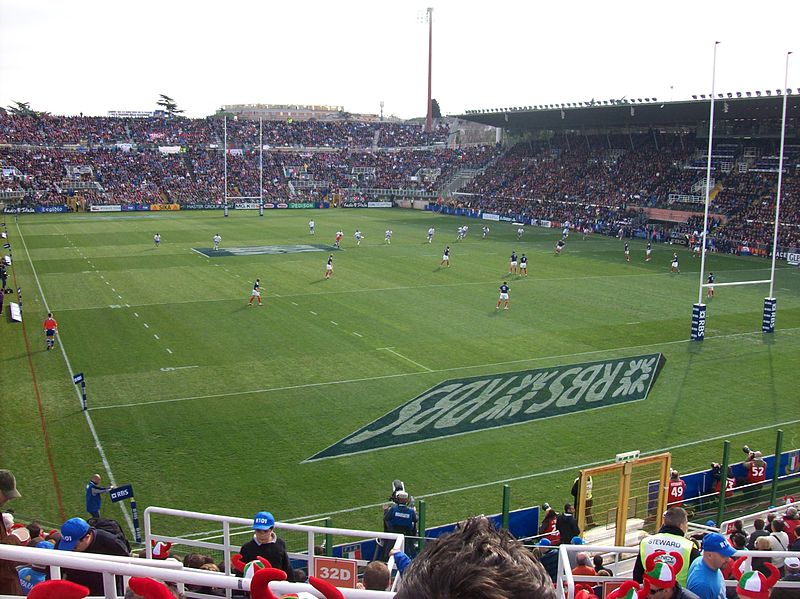
France 23 – 21 Italy (2016)
The 2016 Six Nations curtain-raiser was an electric back-and-forth match edged by an unconvincing French side whose performance was not received well by depleted home support.
For Italy, this would be just the third match of an on-going 32-game losing streak in the competition and the last performance that merited much praise.
The lead changed hands eight times during the game and France went ahead for good through Jules Plisson’s penalty five minutes from time.
Italian captain Sergio Parisse attempted to steal the win in the dying seconds, but his drop goal attempt was as mistimed as it was inexplicable.
Scotland 19 – 13 England (2000)
The inaugural Six Nations ended in dramatic fashion as underdogs Scotland denied England both the Grand Slam and the Triple Crown in the driving rain at Murrayfield.
The Scots came into the match without a win in that year’s championship, including a humiliating opening day defeat to newcomers Italy.
England led narrowly at half-time thanks to a Lawrence Dallaglio try but, after the break, a fourth penalty by Duncan Hodge gave Scotland the advantage in an increasingly feisty affair.
Hodge went on to score a decisive try which he duly converted, giving Scotland a memorable victory.
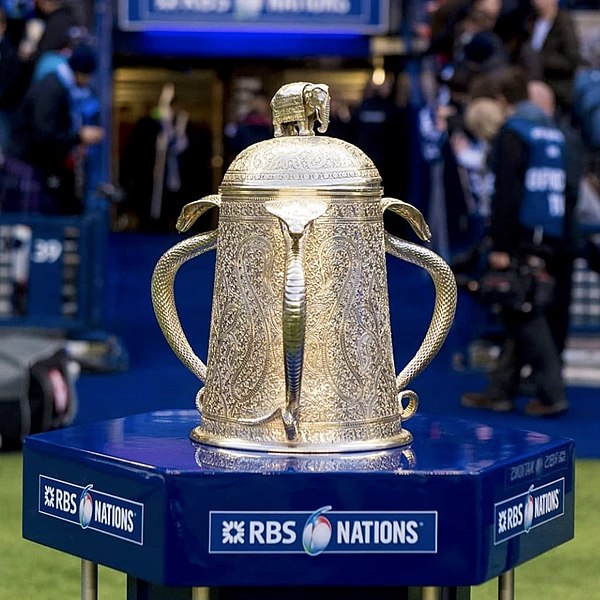
England 38 – 38 Scotland (2019)
The final match of the 2019 competition will go down as one of the greatest spectacles rugby has ever produced, even if the outcome was of little consequence to the tournament.
Wales had sealed their 12th Grand Slam just minutes before kick-off and England were guaranteed second place, but Scotland could have leapfrogged France into fourth if they managed to beat England at Twickenham for the first time since 1983.
England’s blistering start saw them 31-0 up after 30 minutes and no one could have predicted Scotland would flip the game on its head to lead 38-31 with seconds remaining.
Substitute George Ford converted his own injury-time try to leave honours even and Twickenham breathless.
Wales 32 – 20 Ireland (2005)
The final round in 2005 was full of significance for Mike Ruddock’s Wales.
Not only had they never beaten Ireland at the Millennium Stadium, but a first Grand Slam since 1978 was also up for grabs.
There was plenty of motivation for Ireland, who could have sealed the championship with a 16-point win.
But the moment prop Gethin Jenkins scored the opening try from a charge-down, it was clear it would be Wales’ day.
It was a comfortable victory against the pre-tournament favourites in truth, and what made the achievement even more remarkable is that Wales would go on to finish fifth in the following two championships.
Wales 15 – 17 Ireland (2009)
Declan Kidney’s Ireland ended their agonizing 61-year wait for a Grand Slam in the final round of the 2009 edition, beating Wales at the Millennium Stadium in a tense finale.
It was also their first championship for 24 years, and it did not come easily.
Ireland were in front by eight points thanks to converted tries from skipper Brian O’Driscoll and Tommy Bowe with 30 minutes to play, but Wales fly-half Stephen Jones clawed back the lead with two penalties and a 76th-minute drop-goal.
Just two minutes later, Ronan O’Gara returned the favour with a crucial drop-goal of his own.
There would be a final twist, with Jones lining up a last-minute penalty from just inside his half.
His kicking had been faultless in the match, but this time he came up short.
